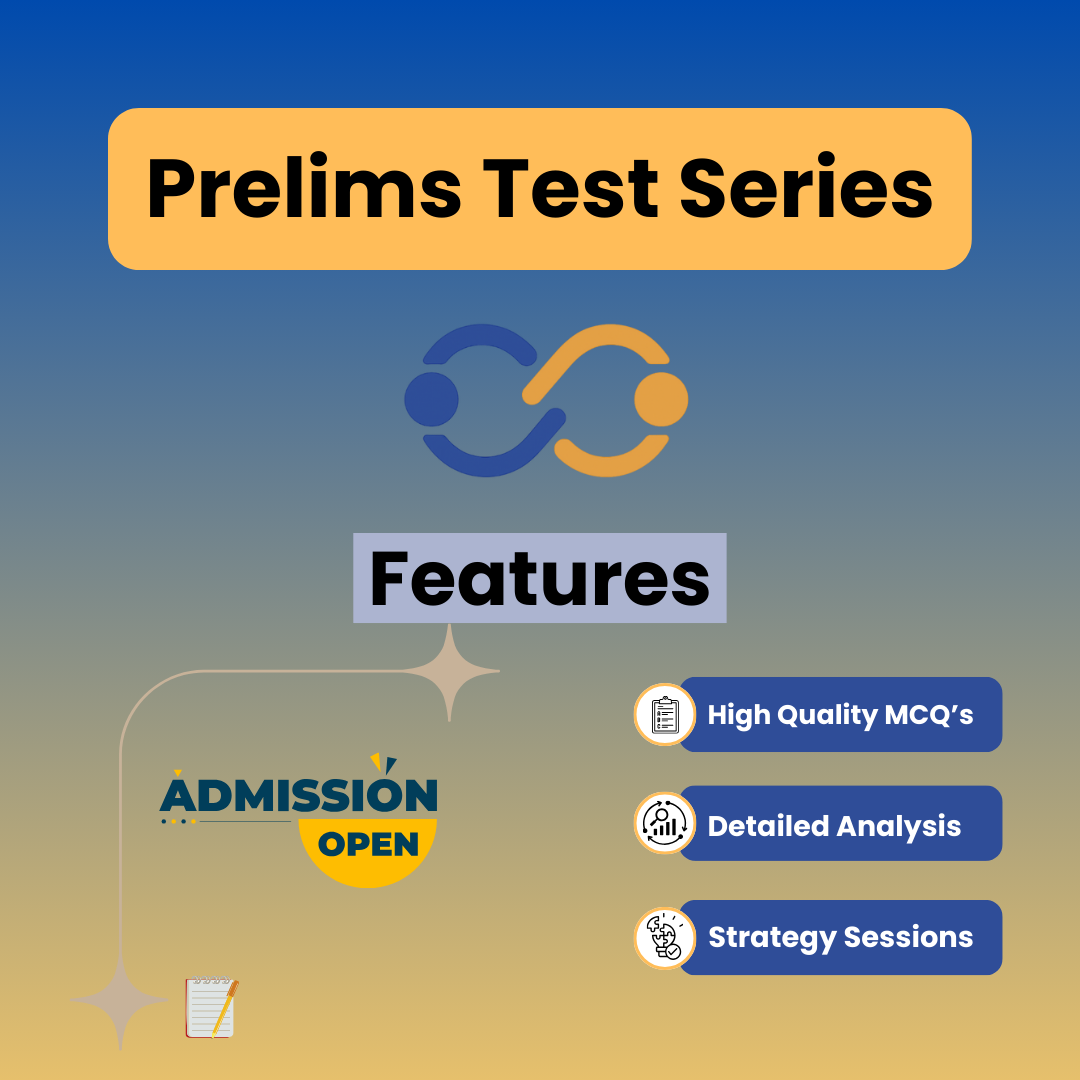India will unify the Rare Donor Registry with the e-Rakt Kosh to ease utilization and follow-up of exceedingly low frequent blood types, such as Bombay Blood, P-Null and Rh-null. The purpose of such integration is to save lives by identifying the rare blood type faster and managing the stocks of rare blood types. Led by ICMR-NIIH, this step would serve to centralize the real-time information on rare blood availability, increase response to emergencies and strengthen India as a leader in low-cost diagnostic innovations.
Context
- In a bid to enhance availability of rare blood types such as Bombay and Rh-null, the Union Health Ministry is launching the integrated program of the Rare Donor Registry and the e-Rakt Kosh digital platform.
Key Highlights
e-Rakt Kosh integration
- e-Rakt Kosh: A centralized type of blood bank management system located within the National Health Mission (NHM).
Objective of the Integration:
- The immediate use of rare blood donors information.
- Quicker blood match in the case of emergencies.
- Better stock and inventory information of rare blood units.
- Co-ordinated by: Indian Council of Medical Research-National Institute of Immuno-haematology (ICMR-NIIH).
The Case of Rare Blood Groups
- Examples: Bombay blood group, Rh - null, P-Null.
- Compatibility: This is necessary especially in thalassemic patients, sickle cell and also in organ transplants.
- Technology Used:
- Multiplex PCR and DNA examination to know exact identification.
- National database to find matching donors effectively.
Donor Management & impact Medical
- Life-Saving Potential: Allows rapid and specific transfusion.
- Challenge: Having a pool of passionate and identified rare blood donors.
- ICMR-NIIH innovation: Transforms an intricate health problem into a new health care service.
Economical Diagnostic Development
- Low-Cost Tests: Hemoglobinopathies (such as sickle cell) testing which were available at point-of-care have been brought down by 90 percent, to less than 50 rupees (approximately 0.80 USD).
- Government Savings estimated: 1857 crore approximately.
- Funded By: Department of Health Research (DHR) and ICMR-CRMCH through Health Technology Assessments (HTA).
Global Global Indian Leadership in Blood Diagnostics
- Awareness: World to take an interest in Indian diagnostics of hemophilia and hemoglobinopathies.
- Global Partnership: The World Federation of Hemophilia takes into account visual card rapid tests in India to deal with low resources.
Basics of Blood Groups: Knowledge towards health, transfusion.
Blood Group Systems
- ABO Grouping:
- A: A antigen, Anti-B antibody
- B: B antigen, antibody anti-A
- AB: A + B antigens, No antibodies ( Universal recipient )
- O: No antigens, Anti-A antibodies and Anti-B antibodies (Universal donor)
- Rh Factor:
- Rh+: D antigen present
- Rhesus-: Lack of D antigen
- A total number of common blood types: 8 types -A+, A-, B+, B-, AB+, AB-, O+, O-.
Components Involved
- Antigens: Identify blood group(present on RBCs).
- Antibodies: Incompatible blood attack (Located in plasma).
- RBCs: Transport oxygen.
- Plasma: Carries antibodies and nutrients.
Clinical References of Blood Types
- Cardiovascular Risk: It is larger in AB and B groups.
- Clotting (Thrombosis): Increased in non Os.
- Malaria Resistance: slightly greater in Group O.
Ulcers and Cancer:
- Group O- Prone to ulcers
- Group A- gastric/pancreatic cancers related group
- Autoimmune Disease: There exist higher levels of immune complexities in AB blood group.
- Hemolytic Disease of the Newborn (HDN): It occurs when Rh- mothers give birth to Rh + children.
Infrequent and New Blood Groups
- Sources: Lan, Jr(a), Vel, FORS, Er (found in 2022).
Significance:
- Need special screening.
- Essential in safe transfusions and transplants.
- The secret of personalized medicine.
Conclusion
This association of the Rare Donor Registry with e-Rakt Kosh is the first big jump in healthcare infrastructure of India, particularly in the realms of management of rare blood groups. The move will not only increase affordability to patients who require the services but also fortifies the position India enjoys of low-cost diagnostics and customized health technology. The sustained interest in technological advancements and rare donor retention provides India with a chance to transform blood transfusion services and diseases associated with rare disease management in the country and across the world.


